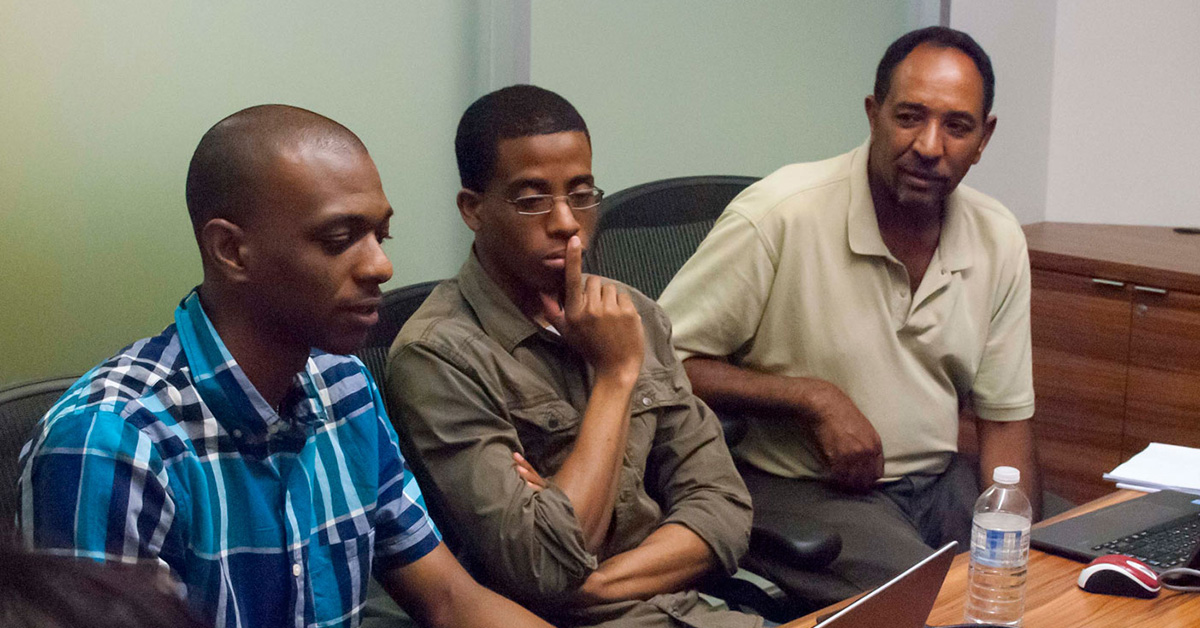Science has solved many conundrums, but finding the shoe that fits perfectly was never on the list.
At Centennial College’s Applied Research and Innovation Centre, researchers are dedicated to using science to solve practical, real-life problems. Custom shoe manufacturing typically requires complex processes like plaster casts. Toronto firm PodoTech aimed to create a three-dimensional foot scanning system to make measurements simpler and more accurate.
Waterloo University researchers developed a proof-of-concept Orthotic Design System, which led to the creation of photo scanner hardware and basic software to make a 3D model from the image. However, the software had been created using a commercial tool too expensive for the industry.
PodoTech CEO Tezera Ketama, an alumni of Centennial College, brought the project to a team of students at ARIC. The goal was to make new hardware and software for the technology, and put it together in a package that could be commercialized.
The team worked with PodoTech for 18 months using the open-source tool MeshLab to write the software.
The scanner they developed contains a laser and eight different cameras. The laser glides along a foot, and the cameras take a series of photographs. Image processing software then deletes everything in each picture except the laser stripe, and reduces that stripe to a tiny line, a process called “skeletonization”. Complex math converts it to 3D data, and a model of the foot is then created. These 3D files are in a non-restricted format that can then be sent to a shoemaker to create something that fits perfectly.
The team’s biggest accomplishment was taking all the steps needed to make the 3D model, and incorporating them into a single piece of software.
“Now we can press a button and the image is processed and reconstructed,” Ketama says. “We can go straight from A to Z.”
One team member describes their achievement as “a farewell to measuring tape,” ensuring a perfect set of measurements to make a set of custom shoes, orthotics, or medical brace. And because it’s a cheaper, easier way to measure the human foot, the cost of these custom orthopedic products could be drastically reduced. It could also be used where traditional measurement is impossible, for diabetics with reduced sensation in their feet.
Ketama also partnered with Centennial to design and program a mobile app and a website, illustrating how to use the technology, measure a foot correctly at home, and record measurements online. The design team came up with the slogan “We care about what makes you stand up every day” to describe PodoTech’s mission.


